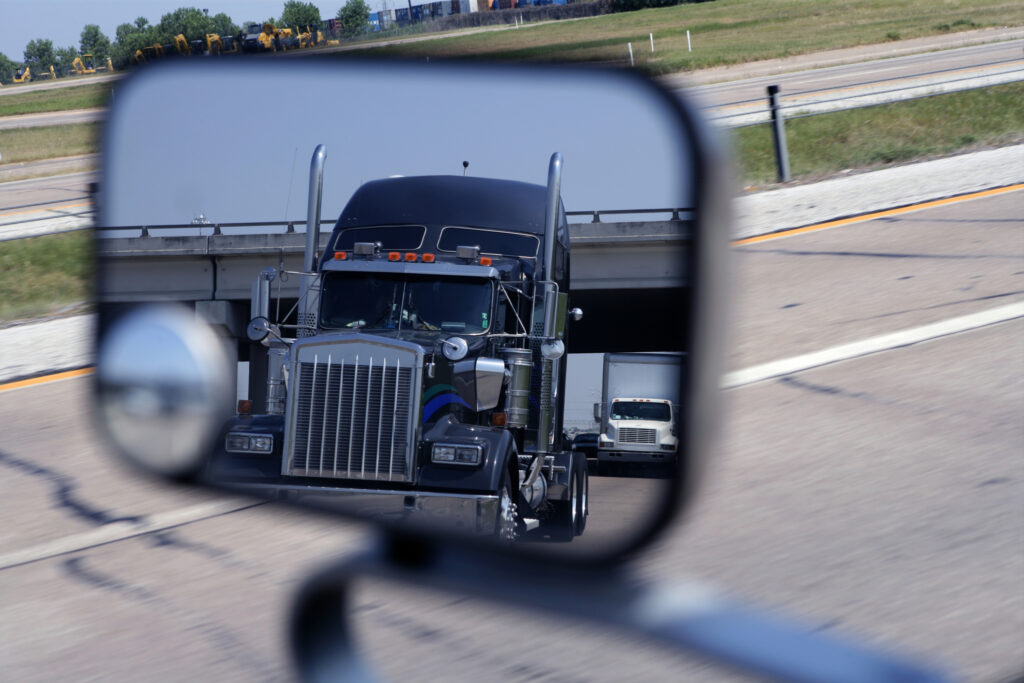Technology can streamline driver performance coaching: Veriha president
Fleets can bolster risk management programs by regularly coaching truck drivers, but it may not seem like there are enough hours in a day. A safety manager would need to work 16 hours over five days to perform 80 30-minute sessions.
Mid-to-large carriers that employ hundreds of drivers who are sometimes away for days or weeks at a time may want to source technology to streamline such efforts.

Every time a truck’s tires hit a roadway, a company is taking a risk, explained Karen Smerchek, president of Veriha Trucking, during a webinar organized by Truckload Carriers Association. And she added that any improvement realized after coaching should be documented.
They’re details that could help address nuclear verdicts, distracted driving, high accident rates, and staged accidents — all factors that circle around trucking companies, said Netradyne chief business development officer Adam Kahn.
Highlight good practices, safety
An increasing number of plaintiff attorneys attempt to establish narratives separate and apart from specific accidents, attacking a company’s safety culture, Kahn said. But carriers can counter this by highlighting good practices and commitments to safety, he added.
Veriha Trucking, for example, has installed inward- and outward-facing “event recorders” in all its trucks. Smerchek doesn’t like to refer to them as cameras because of the word’s negative connotation. Data is only pulled when there is an event. “We tell our drivers when the key is on, the truck is your office. When off, it’s your home.”
She said people must be given time to embrace technology, however. Some Veriha drivers who first dug in their heels and didn’t want cameras installed in their cabs are now the biggest fans, especially after video footage exonerated some of them after incidents.
Judicious use of audible alerts
Smerchek said the fleet also uses audible alerts in cabs judiciously, focusing on the most critical events. “If a driver hears too many sounds, they will start ignoring them. We decided which to use and which to shut off.”
Event-triggered emails with video attachments are then automatically sent to drivers, showing bad and good incidents alike. They are allowed to comment on the videos, and everything is followed up with a phone call.
The office team confirms if the emails were viewed, too.
But despite all the technology, she still prefers face-to-face meetings, and focuses on the way messages are delivered. People need to be reminded about safe practices more than they need to be told, she said.
Have your say
This is a moderated forum. Comments will no longer be published unless they are accompanied by a first and last name and a verifiable email address. (Today's Trucking will not publish or share the email address.) Profane language and content deemed to be libelous, racist, or threatening in nature will not be published under any circumstances.
Forward facing cameras are a must to protect the company and the driver,but driver facing cameras are an intrusion of privacy. If it’s a an mutual agreement sure, but vote with your feet, when fleets that employ this technology can’t find drivers maybe they’ll change their minds